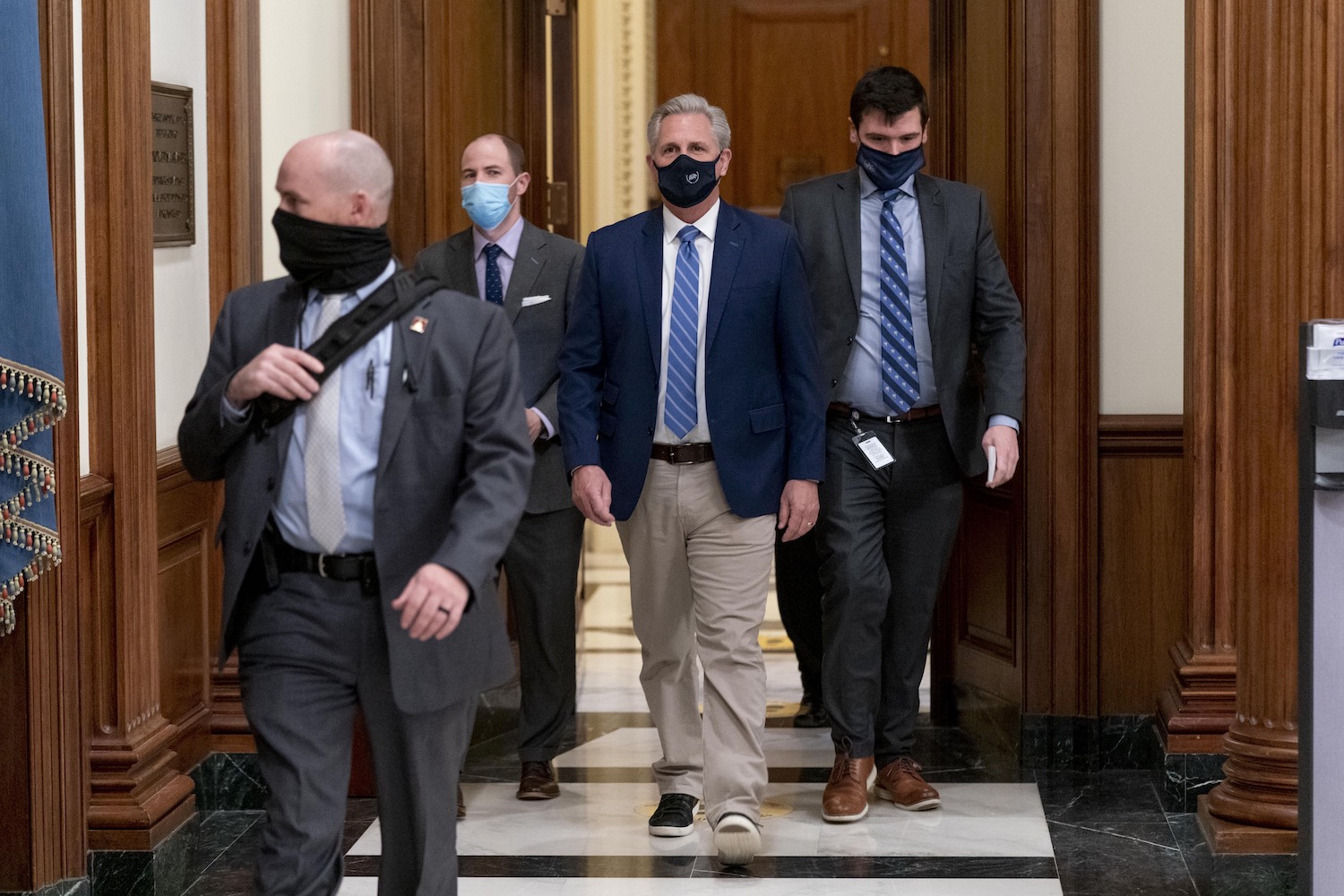COVID-19 has been—and still is—a disease that should not be taken lightly. According to the CDC, symptoms of COVID-19 can include fever or chills, cough, shortness of breath and/or difficulty breathing, fatigue, muscle or body ache, headache, new loss of taste or smell, sore throat, potential congestion, nausea or vomiting and diarrhea. Vaccination can severely mitigate the risk of contracting COVID-19, and vaccines have proven to significantly reduce the risk of hospitalizations in a breakthrough case.
However, some individuals who have contracted the virus exhibit what’s called post-COVID syndrome, and are sometimes called COVID-19 long-haulers. These symptoms include continuous shortness of breath and difficulty breathing, ongoing heart inflammation, kidney damage, loss or distorted sense of smell or taste, and some neurological issues including brain fog, fatigue, headaches and dizziness.
Now, with recent research and ongoing efforts to understand the causes of post-COVID syndrome, researchers say they might have identified a key clue in what is causing the long-term symptoms amongst a growing number of individuals who’ve contracted COVID-19.
Dr. Akiko Iwasaki, professor of immunology at Yale University, recently discovered an unusually high level of cytokines in long-hauler patients’ blood. Cytokines act as signalling molecules that aid in communication within the body’s immune system. These molecules also include agents that help regulate the immune system’s response to inflammation and infection.
Patients who have post-COVID syndrome exhibit a far higher level of cytokines in their blood than other individuals. According to Dr. Steven Deeks at the University of California, San Francisco, these are elevated levels of a cytokine called interleukin-6, which could provide evidence that long-haulers are actually suffering from a state of chronic inflammation.
While these clues may help paint a bigger picture in order to understand the underlying symptoms, cytokines aren’t the only part of the immune system that seems to be thrown off after a positive COVID-19 diagnosis.
Other researchers have discovered that long-haulers exhibit broad dysfunction in their T-cells, parts of our immune system that surround and combat foreign substances as a first-line defense. This has caused some doctors to suggest that it is entirely possible that some traces of COVID-19 are still hiding inside the body of long-haulers.
Another research team from the University of Arkansas for Medical Sciences has discovered an antibody in COVID-19 long-haulers that attacks a special enzyme known as ACE2. This enzyme regulates the body’s response to the virus and helps activate the rest of the body’s immune system in order to combat it. If a body can’t replicate ACE2, the body can’t activate its own defenses in order to fully defend against the virus.
The problem that doctors are currently facing is not just the variety of different detectors in COVID-19 long-haulers, but also the wide differences between each patient. One might exhibit some of these markers, while another might have completely different indicators, making effective treatment extremely difficult to pinpoint.
The other problem is that while these studies made strides in determining some of the microscopic indicators of long-haulers, these tests are also difficult to conduct—and without testing for these specific auto-immune deficiencies, COVID-19 long-haulers exhibit little to no other physical abnormalities.
One of the solutions for long-haulers that has proven most effective are vaccinations and booster shots after an initial diagnosis. These vaccinations help activate the body’s immune response to the virus, and potentially get rid of any lingering or hiding particles of the virus that remain in the patient’s body. Other effective treatments included special drug treatments which dampen the immune system itself, which can alleviate the persistent internal inflammation.
What can be certain, at the very least, is that post-COVID syndrome is a very real and threatening effect of a COVID-19 diagnosis. With an ongoing surge of breakthrough cases and mutating variants, individuals should still wear masks when entering any indoor venue, as well as receive a COVID-19 vaccination as soon as possible.
For any other questions regarding COVID-19, including more information about post-COVID syndrome, general advice, vaccine information, ongoing research, COVID responses and other diagnostics can be found on the World Health Organization’s website.





